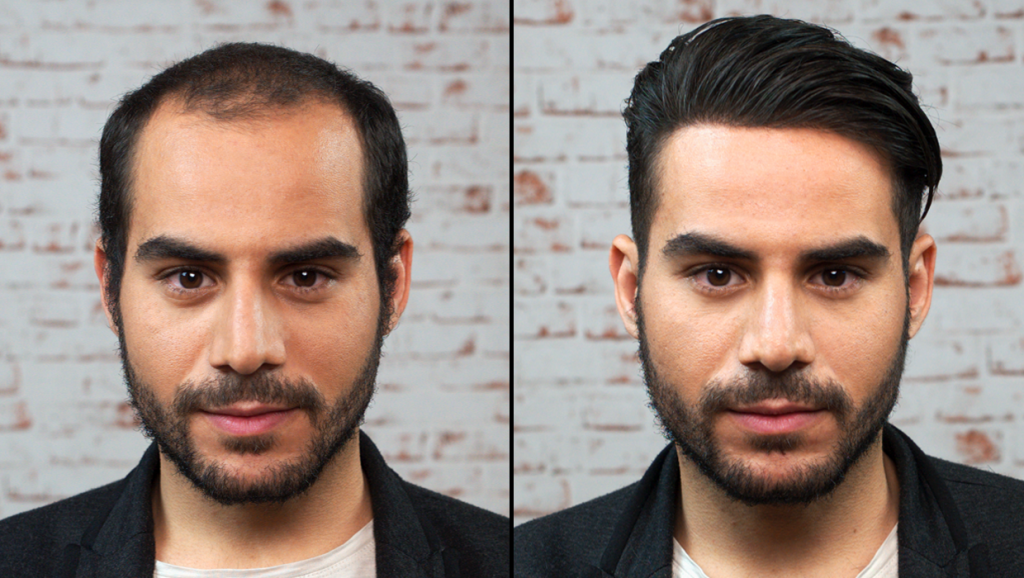The present medical options for Regrowing lost hair in people suffering from hereditary types of hair loss are restricted to relatively few products that are best in the early stages of baldness. As soon as you have lost a considerable part of hair as a result of hereditary factors or an incident, like a burn, the only remaining option is to replace the lost hair. Your choices can be of a temporary character, like the use of wigs and concealers, or a permanent surgical solution. Hair transplantation appears to be the very best means of surgical hair replacement and the only permanent solution that provides satisfactory results. Hair transplantation consists in Transplanting your hair in the back of your scalp into the rectal, balding area. Its primary limiting factor is the lack of donor hair and, thus, many patients don’t make a fantastic candidate.

The appropriate candidate should have a high hair transplant in pune density at the back of the scalp. His hair ought to be wavy and thick, his scalp elastic and the contrast between the color of his scalp and hair shouldn’t be too good, and he should be in good physical condition. Women usually suffer from a diffuse type of baldness and, thus, do not make very good hair transplant candidates. Hair transplantation also can’t be performed on patients experiencing unpredictable types of baldness like alopecia areata. Given the chronic shortage of Donor material, the hair transplant surgeon should have the ability to use the little hair that he can use to create the optical illusion of a complete head of hair. This poses the biggest risk in hair transplantation, as it can sometimes happen that the individual doesn’t enjoy the last outcome. Though you can usually arrange for another transplant session, some damage can be irreparable.
Other risks and side effects occurring during and after hair transplant surgery include excessive bleeding and scarring, the lengthy healing of wounds, the trade and eventual death of several implanted hair follicles, post-transplant shock baldness, which, though temporary, can impact your newly-implanted hair as well the hair from the donor area, scalp numbness and tension and the additional progression of baldness post-surgery, which may result in abnormal patterns of baldness. In a recent study, which analysed the experiences of 425 baldness patients who had undergone 533 transplant processes in complete, it was determined that about 5% of the patients experienced complications either during or after surgery.
